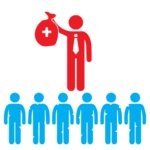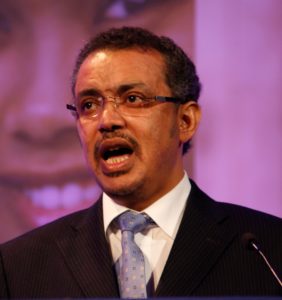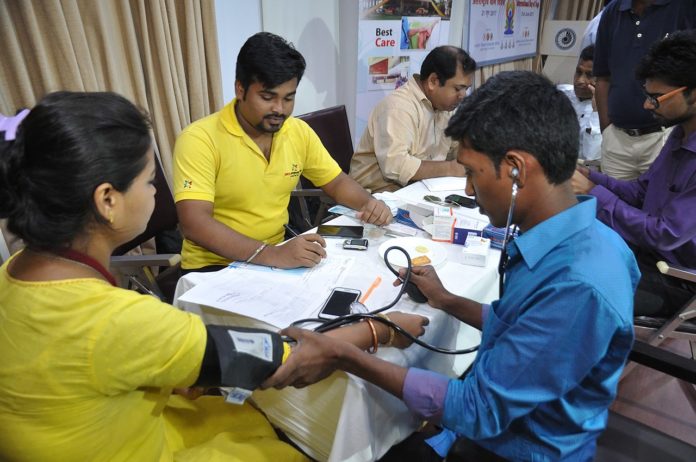The 71st World Health Assembly opens in Geneva next week with a “triple billion” agenda
The 71st World Health Assembly opens in Geneva next week with an ambitious “Triple Billion” target.
All eyes will be on India with its population of 1.35 billion during the Assembly and after as it takes the first baby steps towards Universal Health Coverage (UHC) with the National Health Protection Mission (NHPM).
The WHO General Programme of Work, finalised after intensive discussion with countries, experts and partners, and centres on the “triple billion” targets:
• 1 billion more people benefitting from universal health coverage
• 1 billion more people better protected from health emergencies
• 1 billion more people enjoying better health and well-being.
India which is one of the member states, is hoping by the year end to provide an annual health cover of Rs 5 lakh to approximately 0.1 billion people by year end through the NHPM which is commonly being referred to as Modicare. With entitlement on deprivation data from the socioeconomic caste census, the mission will cover more than just Below Poverty Level families.
WHO director general Dr Tedros Adhanom Ghebreyesus had said last year that WHO is very keen that India moves to UHC. That would impact the world health statistics in a big way.
Data from the latest World Health Statistics shows:
 • Less than half the people in the world today get all of the health services they need.
• Less than half the people in the world today get all of the health services they need.
 • In 2010, almost 100 million people were pushed into extreme poverty because they had to pay for health services out of their own pockets.
• In 2010, almost 100 million people were pushed into extreme poverty because they had to pay for health services out of their own pockets.
• 13 million people die every year before the age of 70 from cardiovascular disease, chronic respiratory disease, diabetes and cancer – most in low and middle-income countries.
• Every day in 2016, 15 000 children died before reaching their fifth birthday

WHO director general Dr Tedros Adhanom Ghebreyesus said: “The latest edition of the World Health Statistics, published yesterday, shows just how far we still have to go. Too many people are still dying of preventable diseases, too many people are being pushed into poverty to pay for health care out of their own pockets and too many people are unable to get the health services they need. This is unacceptable”.
Next week’s Health Assembly will open against the backdrop of a new outbreak of Ebola in central Africa, a stark reminder that global health risks can erupt at any time and that fragile health systems in any country pose a risk for the rest of the world.


